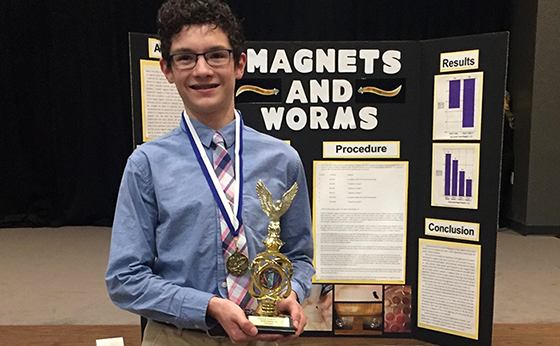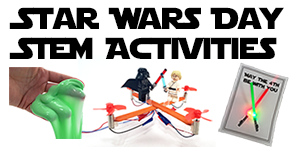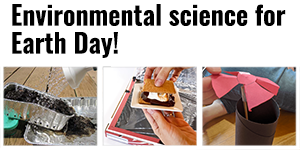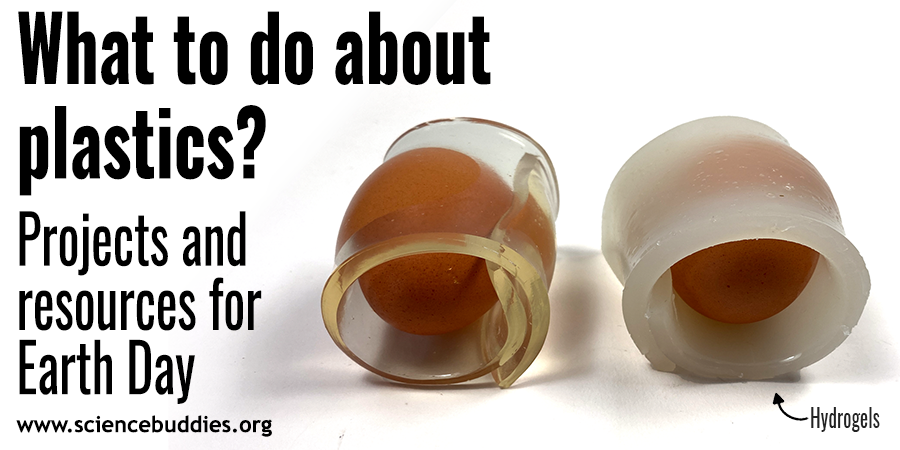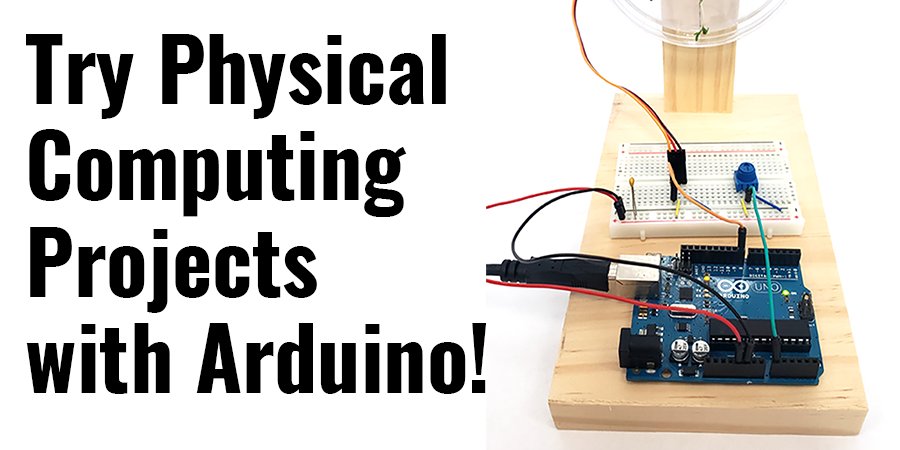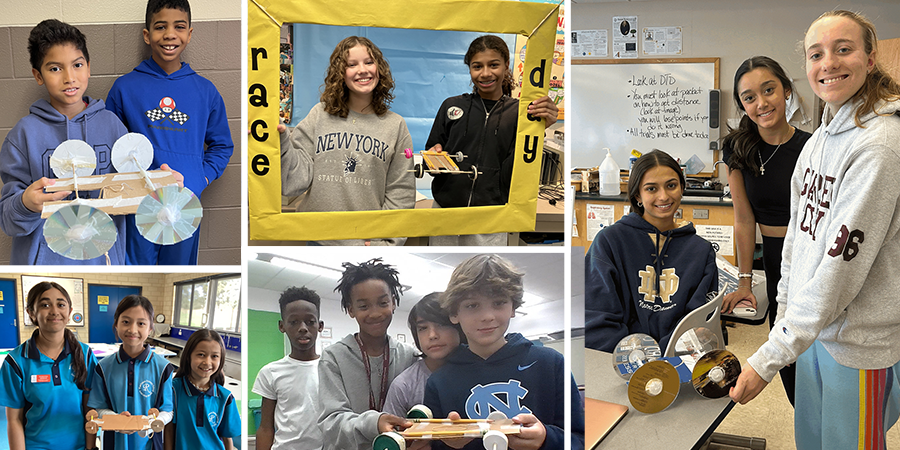Student Science Project Success Story: Planaria Regeneration
This middle school student turned an experiment pitting worms that regenerate against magnetic fields into a winning science fair project.
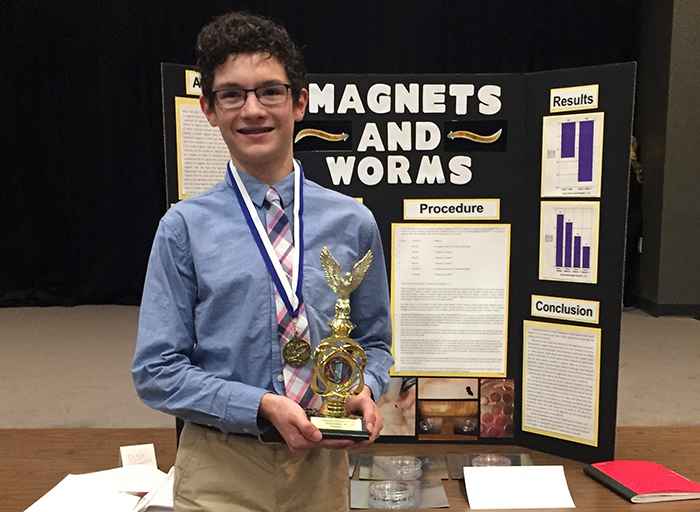
When a teacher suggested he use Science Buddies to locate a project for his first science fair, Tobias, then a 7th-grade student in New Mexico, filled out the Topic Selection Wizard survey and browsed results. When he saw the Animal Magnetism: Do Magnets Affect Regeneration in Planaria? project about the effects of magnetic fields on the regeneration rate of planaria, he says he was "immediately interested." With its focus on planaria, flatworms that live in freshwater and are known for their ability to regenerate themselves, the project definitely has a cool factor—if you like worms.
As he prepared for his project, Tobias says he was especially interested in connections between regeneration and health sciences. "I did extensive research on magnetic fields, regeneration, wound healing, and planaria," he says. He then formulated his hypothesis and started the experiment. "I spent two weeks recording the length of planaria exposed to various strengths of magnetic fields," says Tobias. When he had questions during his experiment, Tobias used the Ask an Expert forums. The forums, staffed by volunteers with expertise in science and engineering fields, provide a convenient online resource for students who need additional help setting up or troubleshooting a science or engineering project. "Expert SciB quickly answered all my questions and went above and beyond, providing me with information and links," says Tobias.
At the conclusion of his project, Tobias found that his results didn't support his hypothesis, which is okay. Students often worry that their hypothesis has to be supported by the experiment, but in many cases, that doesn't happen. Seeing what happens in an experiment helps a student answer science questions and may lead to new questions and new projects. Tobias evaluated his data, talked with an Expert in the forums, and drew conclusions about the effects of the magnetic fields on the regeneration and growth rate of planaria.
Tobias says he learned a great deal doing this project. "I learned about magnets and magnetic fields and their [invisible] effects on living things. I also learned about planaria and their ability to regenerate into a whole organism even after being split into over 100 pieces."
He put together his display board and presented his project to judges at the science fair, a process he really enjoyed. "It was exciting to be able to talk with people who were knowledgeable on the subject of my project. The science fair judges graded our projects on several categories, including Research Paper, Presentation Board, Science Log, Interview, Demonstrate Project, and Qualities," says Tobias. "The judges awarded me a perfect score in all categories and commented that my enthusiasm for my project was infectious." Tobias was awarded a first place prize in the 7-8th grade section.
His planaria project was his first science fair experience, but it was a good one and one that set the stage for future projects. "The experience was fun and exciting," says Tobias. "I put in much hard work toward my project, and I was happy about how it turned out. I am looking forward to participating in another science fair soon."
"I learned about magnets and magnetic fields and their [invisible] effects on living things. I also learned about planaria and their ability to regenerate into a whole organism even after being split into over 100 pieces."
Tobias, 7th-grade student
Share Your Science Buddies Story!
Have you used a science project, STEM activity, or Lesson Plan from Science Buddies in your class or program? We would love to hear your story! Email us at scibuddy@sciencebuddies.org and tell us how you use Science Buddies with students.
Categories:
You Might Also Enjoy These Related Posts:
- Making Recycling Sorting Machines—STEM Success
- Mini Trebuchets and a NM MESA Challenge
- Helping Students Build Coding Skills with Drones and Self-Driving Cars
- Middle School Student Codes to Improve Life with Visual Impairment
- Student Science Project - Designing and Coding a Video Game to Help People with Alzheimer's
- Teacher Combines Computer Science and Engineering Design for Middle School Students - STEM Success Story
- A Mirror Maze Success Story
- Paper Roller Coasters and Energy Transformation: STEM Teacher Success Story


